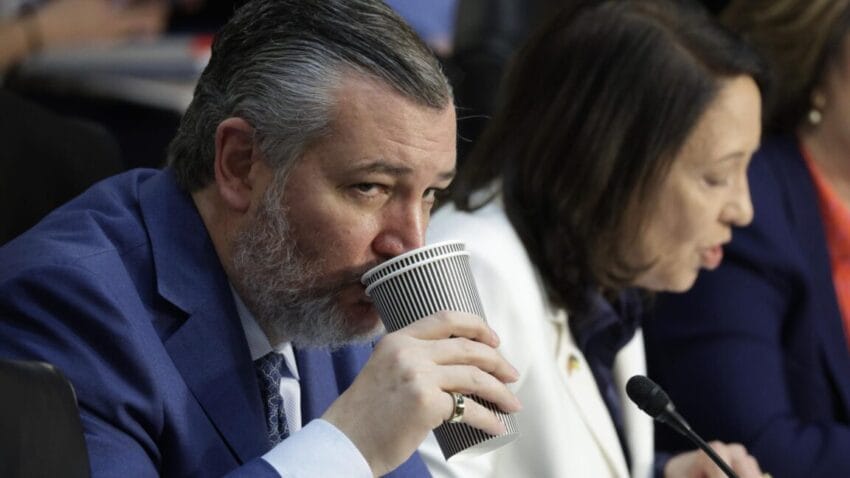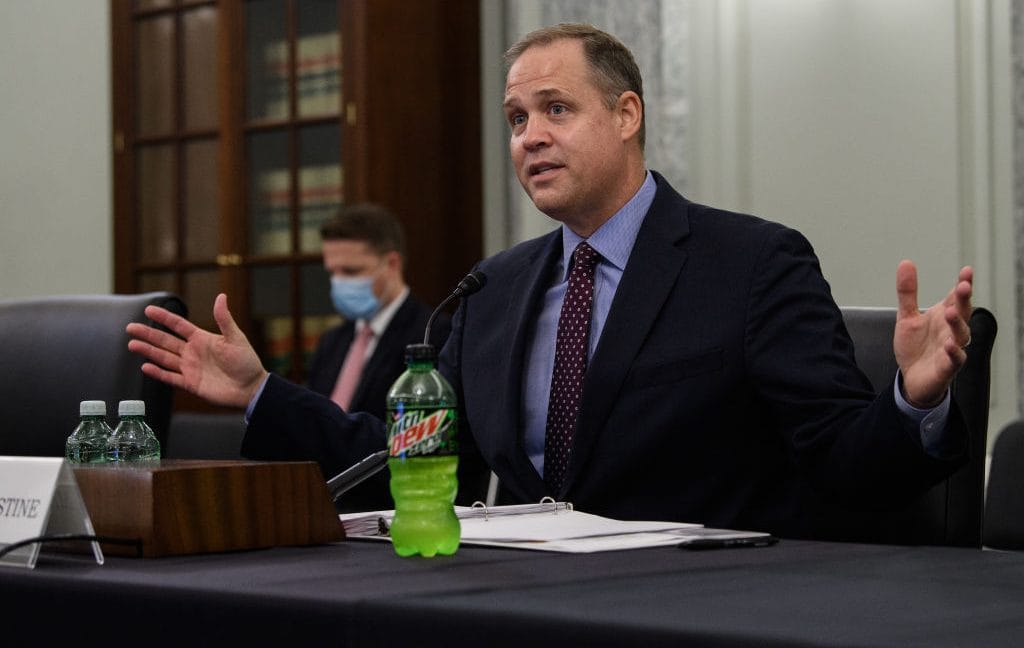
fcc chair teams up with ted cruz — FCC Chairman Brendan Carr is collaborating with Senator Ted Cruz to halt funding for Wi-Fi hotspots intended for schoolchildren..
FCC Chairman Brendan Carr is collaborating with Senator Ted Cruz to halt funding for Wi-Fi hotspots intended for schoolchildren.
fcc chair teams up with ted cruz
Background on the FCC’s Wi-Fi Hotspot Program
fcc chair teams up with ted cruz: key context and updates inside.
The Federal Communications Commission (FCC) launched a program aimed at providing Wi-Fi hotspots to schoolchildren, particularly during the COVID-19 pandemic. This initiative was part of a broader effort to ensure that students could continue their education remotely, especially in underserved areas where internet access was limited. The program aimed to bridge the digital divide that became increasingly evident as schools transitioned to online learning.
However, this initiative has faced significant opposition, particularly from Senator Ted Cruz, who has been vocal about his concerns regarding government spending and the implications of providing unregulated internet access to minors. Cruz’s stance reflects a broader debate about the role of government in education and technology, particularly in the wake of the pandemic.
The Legislative Pushback
In May, Senator Cruz successfully lobbied the Senate to eliminate the FCC’s hotspot program. His argument centered around the notion that the program represented an irresponsible use of taxpayer dollars, particularly in a time of economic uncertainty. Cruz contended that funding for such programs should be scrutinized, especially when it involves children and technology.
While Cruz’s proposal gained traction in the Senate, it did not pass through the House of Representatives. This outcome left the program in a precarious position, as the FCC had already initiated steps to implement the funding. The split between the two chambers of Congress highlighted the contentious nature of the debate surrounding educational technology funding.
Brendan Carr’s Response
In light of the Senate’s actions, FCC Chairman Brendan Carr has taken a decisive stance against the program’s implementation. Carr’s announcement indicated that he would ask his fellow commissioners to vote on two specific items aimed at reversing what he termed “unlawful, Biden-era decisions” related to the expansion of COVID spending programs. This move underscores Carr’s commitment to reevaluating the FCC’s recent initiatives and ensuring that taxpayer funds are allocated responsibly.
In his statement, Carr emphasized the potential risks associated with providing unsupervised screen time for children. He argued that the expansion of the hotspot program could lead to negative consequences, including increased exposure to inappropriate content and a lack of oversight in children’s online activities. This perspective aligns with a growing concern among parents and educators about the implications of unrestricted internet access for minors.
Implications of the FCC’s Decision
The decision to block funding for Wi-Fi hotspots has significant implications for students, particularly those in low-income areas who rely on such resources for their education. The COVID-19 pandemic has exacerbated existing inequalities in access to technology, and the removal of this funding could further widen the digital divide.
Access to reliable internet is crucial for students to engage in online learning, complete assignments, and participate in virtual classrooms. Without adequate resources, many children may fall behind academically, impacting their long-term educational outcomes. Critics of the FCC’s decision argue that it undermines efforts to promote equity in education and could have lasting effects on the affected communities.
Stakeholder Reactions
The announcement has elicited a range of reactions from various stakeholders, including educators, parents, and advocacy groups. Many educators have expressed concern that the decision will disproportionately affect students from low-income families who may not have access to alternative internet sources. They argue that the program was a necessary step toward ensuring that all students have equal opportunities to succeed in a digital learning environment.
Parents have also voiced their frustrations, highlighting the challenges they face in providing adequate internet access for their children. The pandemic has forced many families to adapt to remote learning, and the removal of Wi-Fi hotspots could hinder their ability to do so effectively. Advocacy groups focused on educational equity have criticized the FCC’s decision, arguing that it represents a step backward in efforts to close the digital divide.
Political Context
The collaboration between FCC Chairman Carr and Senator Cruz highlights the intersection of technology policy and political ideology. Cruz’s opposition to the hotspot program reflects a broader Republican skepticism toward government spending and intervention in education. This perspective resonates with a segment of the electorate that prioritizes fiscal responsibility and limited government involvement in personal affairs.
Conversely, proponents of the hotspot program argue that government investment in education technology is essential for fostering innovation and ensuring that all students have access to the tools they need to succeed. This divide underscores the ongoing debate about the role of government in addressing social issues, particularly in the context of education and technology.
Future of Educational Technology Funding
The future of educational technology funding remains uncertain in light of the FCC’s recent actions. As the digital landscape continues to evolve, policymakers will need to grapple with the challenges of providing equitable access to technology while balancing concerns about spending and oversight.
Advocates for educational equity are likely to continue pushing for funding and resources to support underserved communities. This may involve seeking alternative funding sources or advocating for new legislation that prioritizes technology access for students. The ongoing debate will likely shape the future of educational technology policy and funding in the United States.
Conclusion
The collaboration between FCC Chairman Brendan Carr and Senator Ted Cruz to block funding for Wi-Fi hotspots for schoolchildren represents a significant development in the ongoing debate about educational technology and government spending. As the implications of this decision unfold, it will be crucial to monitor the impact on students, families, and communities, particularly those already facing challenges in accessing technology. The conversation surrounding educational equity and technology access is far from over, and stakeholders on all sides will continue to advocate for their positions in the coming months.
Source: Original report
Related: More technology coverage
Further reading: related insights.
Was this helpful?
Last Modified: September 8, 2025 at 6:35 pm
4 views














